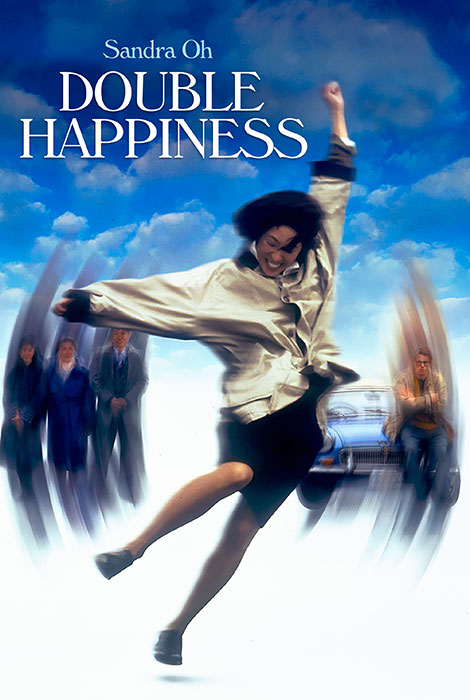cristina

Double Happiness

Jade Li is a good daughter. Unmarried, she still lives with her parents and younger sister, works at a family friend’s shop, and dates nice young men of Chinese ancestry. But she’s also pursuing a career as an actor and sneaking out to auditions without telling her very traditional father. Then she meets a charming guy. He’s not Chinese.
A critical and popular hit after it had its World Premiere at TIFF in 1994, Mina Shum’s Double Happiness remains a groundbreaking film in the evolution of Canadian cinema. At a time when Canadian films were dominated by serious-minded, artful studies of alienation and stasis — give or take the occasional Bruce McDonald disruption — Double Happiness spun an engaging comedy-drama of a young woman trying to negotiate two very different worlds, and struggling to find a balance.
That woman happened to be the luminous Sandra Oh in her first feature film. Whether she’s flirting with Callum Keith Rennie’s Mark or enduring the ritual humiliations of auditions and arranged dates, Oh is present and alive in every frame. She’s the perfect avatar for Shum’s puckish humour and sharp cultural commentary. The casting director who worries about Jade’s look? That’s Shum in a sly cameo.
Thirty years on, Double Happiness hasn’t lost any of its sheen and holds its place as a pivotal film in the Canadian canon.
Content advisory: mature themes, coarse language
Share this post
Subscribe to Newsletter

Save 15% off your first purchase at EVOLVE Shop when you subscribe.
– Advertisement –
Latest Stories





